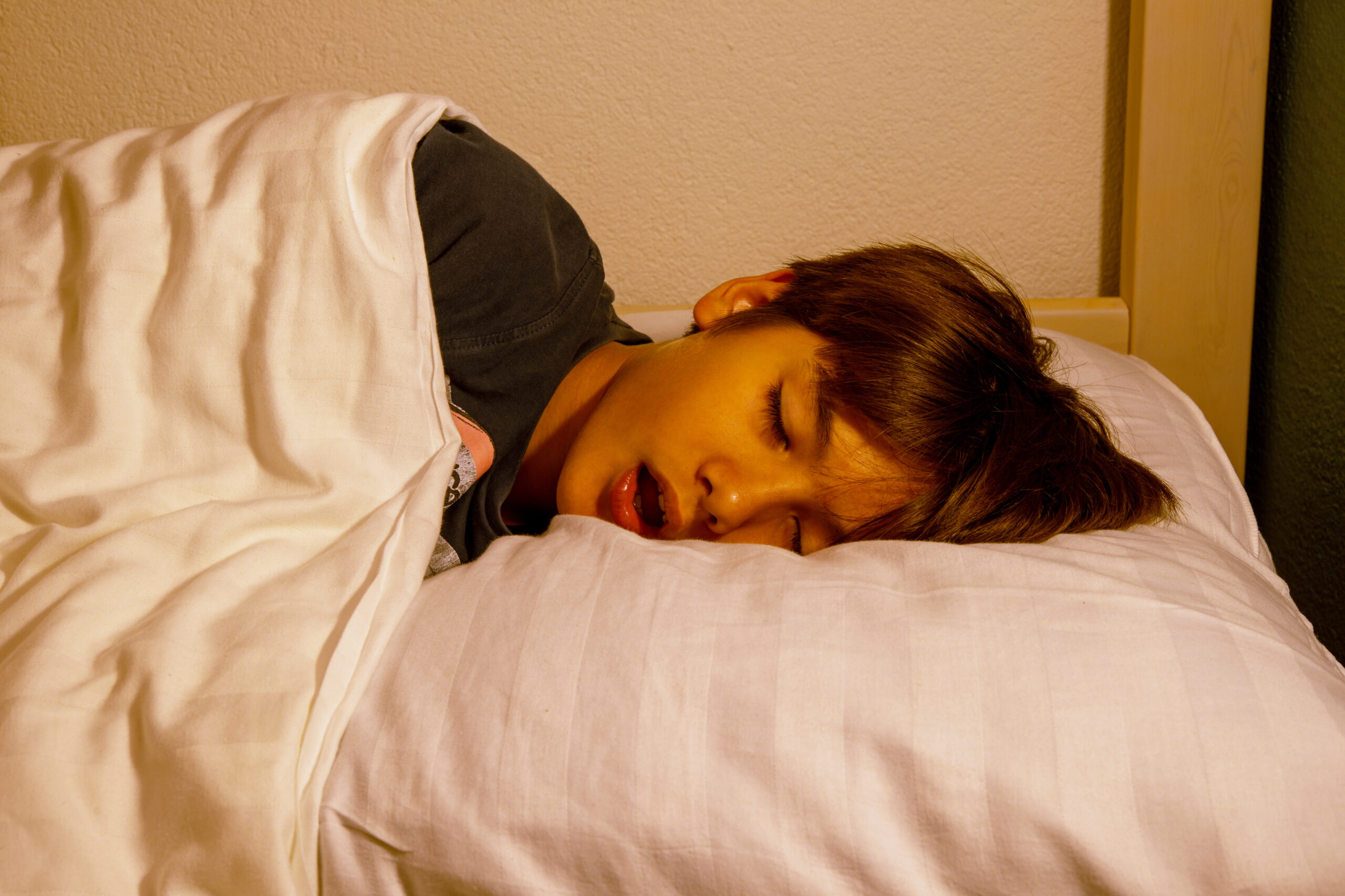“97% of sleep apnea cases is obstructive,” said Dr. Daniel Klein, who is affiliated with UCLA School of Dentistry.
The body goes through stages of sleep. The key stage is the REM (rapid eye movement) cycle.
Our body is still hard at work when we are sound asleep.
It’s during this downtime that “your body takes all its energy and it helps focus on feeling, organizing data we learned throughout the day, any traumatic events, things that cause stress, anxiety.”
The REM cycle during sleep allows “our body to process all of it and heal from it.” Think about all the mental, physical, emotional experiences you have in a day – it makes sense our body needs some time alone to process it all and allow us the best opportunity for a fresh start upon waking.
Of course, during our sleep the “muscle tone in our body just gets lax.” But what’s concerning is “people with small airways could stop breathing,” Klein explained.
The body tells itself at this point, ‘Oh we need to start breathing again’. And it goes into the fight or flight response, taking you out of the REM cycle.
Where you fall on the scale of sleep apnea is determined by “how many times you stop breathing in an hour.”
| # of times in an hour | Classification |
| Less than 5 times | Sleep disordered breathing |
| 5-15 times | Mild sleep apnea |
| 15-30 times | Moderate sleep apnea |
| 30 times and above | Severe sleep apnea |
Klein details the various contributing factors to these obstructions:
- Large tonsils
- Large adenoids
- Large turbinates
- Low muscle tone
- Deviated septum
- Allergies
When treating children in his dentistry practice, Klein said an added perk is that he assesses the shape and size of their airways and informs parents of anything noteworthy.
In his experience, a short airway “leads to sleep apnea. So they are predisposed to having a sleep disorder.” Interesting fact: “Sleep apnea is hereditary.”
He tells parents that if anyone in their family has 3 or more of the below symptoms it is worth scheduling with a specialist:
-Snoring
-Sleep walking
-Sleep talking
-Hot and sweaty when sleeping
-Sleeping with mouth open, drooling on pillow
-Bed wetting
-Grinding teeth
“Acid reflux and short airways often co-exist.”
Understanding the basics of sleep apnea goes a long way. I hope this expert insight helps you and your loved ones.
Dr. Daniel Klein has been practicing dentistry since 2011. He also serves as clinical faculty at UCLA School of Dentistry.
This website does not provide medical advice. No material on this site is intended to be a substitute for professional medical advice, diagnosis or treatment. It is for informational purposes only. Always seek the advice of a medical professional or other qualified health care provider on any health matter or question.
